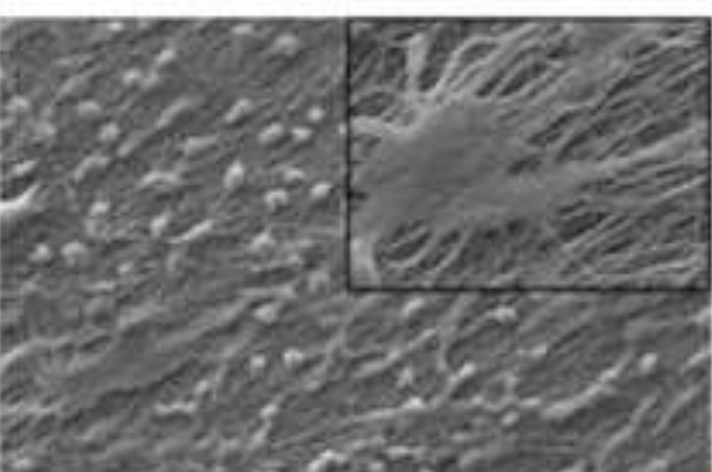“Aliphatic polyesters for regenerative medicine “
 One of the most complex challenges for modern medicine is the search for new and more effective drugs for the treatment of tumor diseases. A promising attack strategy by these diseases is based on the design and use of peptides capable of selectively binding to membranes cancer cells. These peptides can be linked to a radioactive element, able on one side of damage the cancer cell and on the other hand to conserve it localization. Such a strategy, which combines diagnostics and pathology therapy goes by the name of teranostica. Yes, high performance parallel computing is used to perform simulations of classical molecular dynamics aimed at studying the interaction between a peptide we engineered and an healthy or cancer cell membranes.
One of the most complex challenges for modern medicine is the search for new and more effective drugs for the treatment of tumor diseases. A promising attack strategy by these diseases is based on the design and use of peptides capable of selectively binding to membranes cancer cells. These peptides can be linked to a radioactive element, able on one side of damage the cancer cell and on the other hand to conserve it localization. Such a strategy, which combines diagnostics and pathology therapy goes by the name of teranostica. Yes, high performance parallel computing is used to perform simulations of classical molecular dynamics aimed at studying the interaction between a peptide we engineered and an healthy or cancer cell membranes.
The image shows the peptide in contact with a tumor membrane. In the last three year UTV team used high performance parallel computing to perform simulations of classical molecular dynamics aimed at studying the interaction between an engineered peptide and the tumor cell membranes or healthy. The peptide has been shown to have an affinity significantly greater for cancer cells than healthy cells. Experiments with calorimetry techniques are being prepared for laboratory confirmation of the results obtained in silico. Following the realization of ISIS@MACH, the team plans to perform characterizations on new drugs in house at ISIS@MACH and at ther ISIS neutron beamlines IRIS, OSIRIS, SANS, SANS2D, TOSCA, WISH, offSpec and LARMOR.
References (TO BE ADDED)


